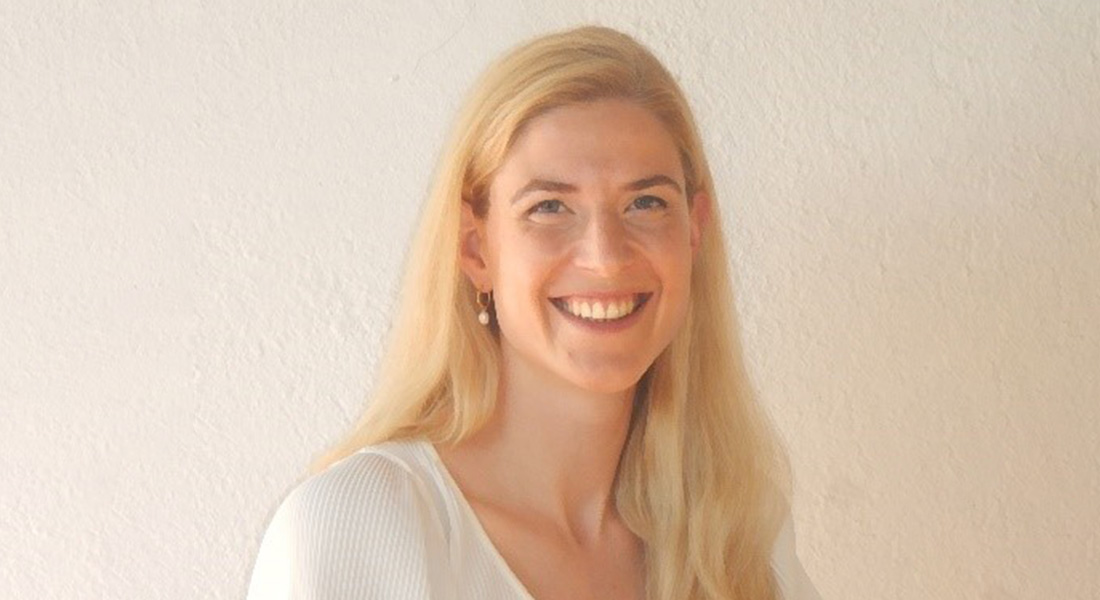Q4Life colloquium: Nina Glaser

Title: DMRG-based approaches to molecular quantum many-body problems
OBS: Mind the time of the colloquium has changed!
Speaker: Nina Glaser, ETH Zürich
Abstract: Quantum chemical algorithms based on tensor factorizations are continuously expanding the scope of wave function-based molecular simulation methods. By leveraging very compact many-body wave function parametrizations, tensor network-based methods such as the density matrix renormalization group (DMRG) algorithm [1] can tame the computational cost of full configuration interaction (CI)-type calculations for strongly correlated molecular systems. In this talk, I will present our versatile framework which enables the application of DMRG-based approaches not only to routinely targeted ground-state electronic structure problems, but to a broader range of molecular many-body quantum systems [2,3]. We demonstrate the capabilities of our framework by introducing the n-mode vibrational DMRG method, which allows for an accurate treatment of the correlated nuclear problem of strongly anharmonic molecules with up to 30 fully coupled vibrational modes described by complex potential energy surfaces. We further extend our framework to excited-states targeting algorithms to accurately calculate both low- and high-energy excitations. In addition to static molecular structure calculations, we also develop time-dependent DMRG[1]based approaches to enable large-scale quantum dynamics simulations of molecular processes such as photoinduced exciton migration. The combination of powerful tensor-based wave function representations and efficient numerical algorithms paves the way towards the accurate characterization of a large variety of high-dimensional quantum systems.
[1] S. R. White, Phys. Rev. Lett. 69, 2863–2866 (1992).
[2] N. Glaser, A. Baiardi, M. Reiher. In Vibrational Dynamics of Molecules J. M. Bowman, Ed. World Scientific, 80-144 (2022).
[3] N. Glaser, A. Baiardi, M. Reiher, submitted to J. Chem. Theory Comput., preprint at arXiv:2308.08703 (2023)
About Nina Glaser: Glaser is a doctoral researcher at ETH Zürich, Switzerland in the theoretical chemistry group of Prof. Markus Reiher. Her current research focus is the development of novel tensor-based wave function methods for quantum chemistry to solve time-independent and time-dependent molecular many-body problems. Previously, she worked on free energy sampling methods for molecular dynamics simulations of biochemical processes, and on variational quantum Monte Carlo algorithms for relativistic electronic structure calculations during a research stay at the University of Colorado Bouler, USA
